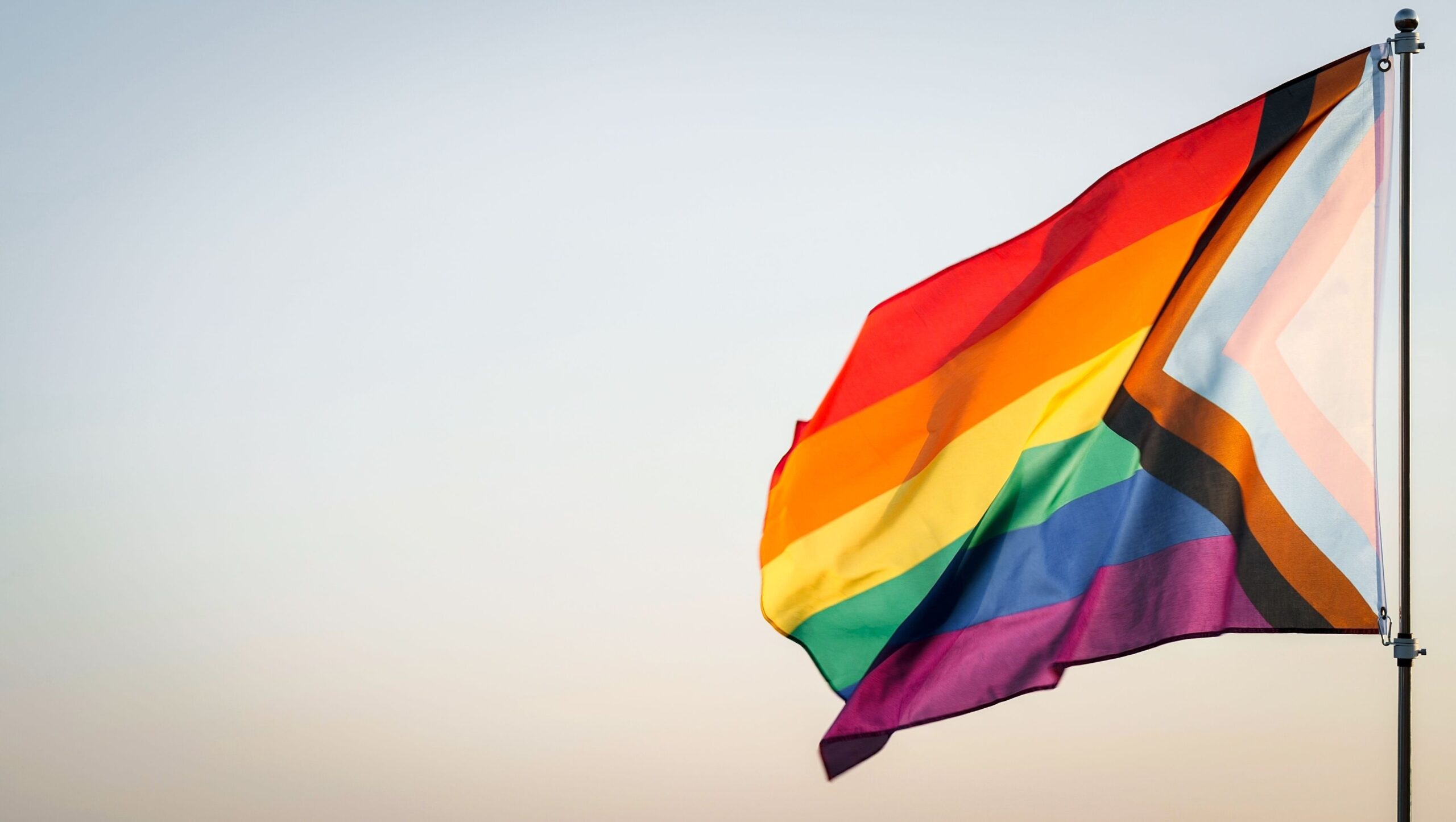As LGBTQ+ History month comes to a close today, we want to end with a focus on the health inequalities still affecting the LGBTQ+ community.
Below are ten key statistics around the most significant health inequalities that can affect a member of the LGBTQ+ community, throughout their life in terms of physical and mental health, as taken from the 2017 LGBT Foundation Hidden Figures report.
- In 2017, 21% LGBT people reported that they had experienced a homophobic, biphobic or transphobic hate crime in the previous 12 months, with this rising to 41% for trans people.
- 23% of LGBT people have at one time witnessed anti-LGBT remarks by healthcare staff.
- In 2017, 1 in 6 LGBT people reported drinking almost every day in the last year, this compares to 1 in 10 adults in the general population who report drinking alcohol on five or more days per week.
- 45% of trans young people (aged 11-19) and 22% of cis LGB young people have tried to take their own life. Among the general population the NHS estimates this figure to be 13% for girls and 5% for boys aged 16-24.
- 24% of homeless people aged 16-24 are LGBT and 69% of these people believe parental rejection was a main factor in becoming homeless.
- 42.8% of LBT women said that they had experienced sexual violence compared to an estimated 20% of all women in the UK.
- 55% of gay, bisexual and trans men were not active enough to maintain good health, compared to 33% of men in the general population.
- In 2017, 52% of LGBT people reported experiencing depression in the previous year. This includes 67% of trans people and 70% of non-binary people.
- In 2017, 40% of trans people who had accessed or tried to access public healthcare services reported having experienced at least one negative experience because of their gender identity in the previous 12 months.
- 93% of LGBT specialists and service users consider that more work needs to be done to improve end of life services for LGBT people.
Within the NHS, Dr Michael Brady was appointed as the National Advisor for LGBTQ+ Health at NHS England in April 2019. In this new role Dr Brady works across NHS England and NHS Improvement, with the Government Equalities Office and a wide range of stakeholders, partner organisations and the LGBTQ+ community to address health inequalities for LGBTQ+ individuals and improve experience in the NHS. Michael is also an HIV and Sexual Health consultant at Kings College Hospital in London and the Medical Director of the Terrence Higgins Trust.
In terms of the NHS, the 2017 National LGBT survey, with over 108,000 responses, described a situation where LGBTQ+ communities face discrimination, felt their specific needs were not being met, had poorer experience and had major concerns about accessing healthcare that should be a right for all:
- at least 16% of survey respondents who accessed or tried to access public health services had a negative experience because of their sexual orientation, and at least 38% had a negative experience because of their gender identity.
- 51% of survey respondents who accessed or tried to access mental health services said they had to wait too long, 27% were worried, anxious or embarrassed about going and 16% said their GP was not supportive.
- 80% of trans respondents who accessed or tried to access gender identity clinics said it was not easy, with long waiting times the most common barrier.
As a result of this, the Government Equalities Office brought together a national LGBT+ Action Plan to tackle the issues that had been identified in the survey.
NHS England have also identified a range of stakeholders, partners and resources to support their work in improving access, experience and outcomes for LGBT+ communities, which we can utilise going forward to further inclusion. By seeking a better understanding of the issues faced by diverse groups and by working with colleagues and stakeholders we cab=n ensure an equitable future. As such, we encourage you to continue educating yourselves on how we can be supportive of diverse groups and how we can improve as an employer and an NHS organisation.
Here are a few recent issues affecting the LGBTQ+ medical community:
- The ‘gay tax’ facing same-sex couples starting a family – BBC News
- UK regulator to apologise to gay doctors struck off because of sexuality – The Guardian
- UK Government Secretly Shuts Down NHS Pride Programme – Vice
- UK Parliament hosts first all-trans panel on the experience of trans+ children in school – Pink News
- Ovulation in a third of trans masculine individuals on testosterone – Amsterdam UMC
Looking ahead, we need to ensure that we give due regard to all groups in our decisions, policies, services and projects to ensure that any changes or proposals we lead or feed into are as equitable as possible.
Please also consider watching this webinar held on ‘Understanding and Supporting LGBT+ Veterans’. There are a large number of veterans from a variety of different protected groups present in the NHS workforce and the video demonstrates how we can all support those who are part of the LGBTQ+ community in particular.


